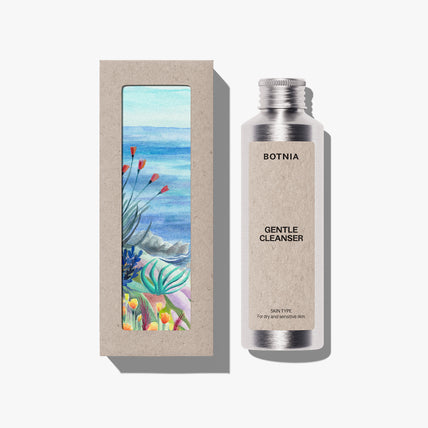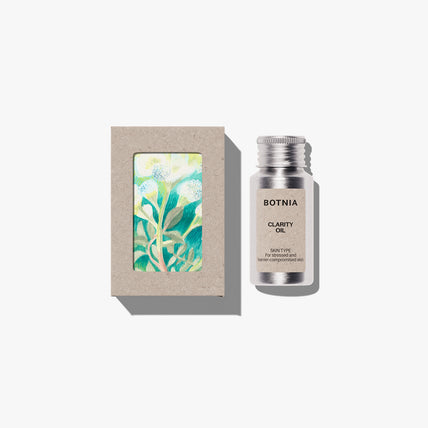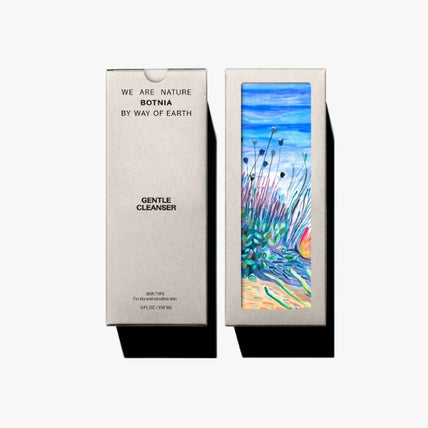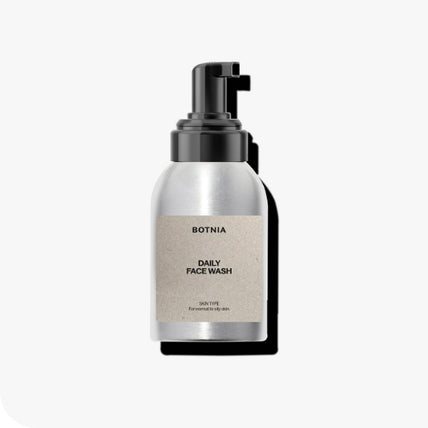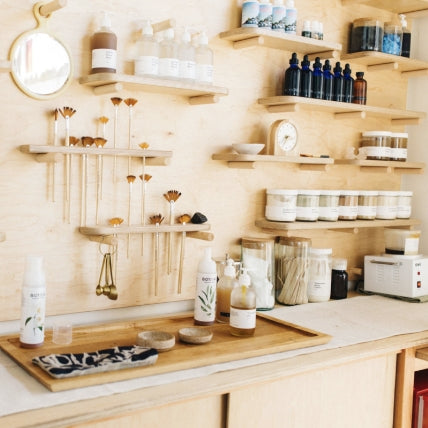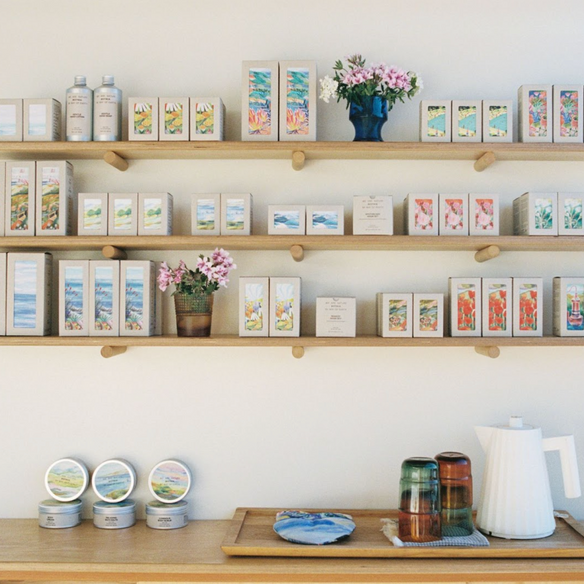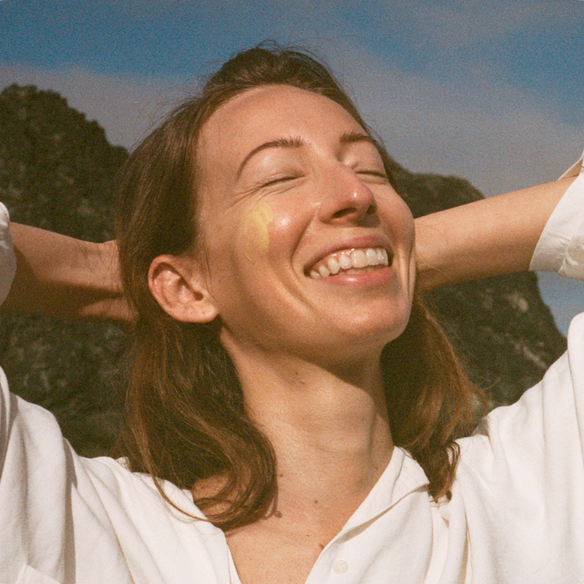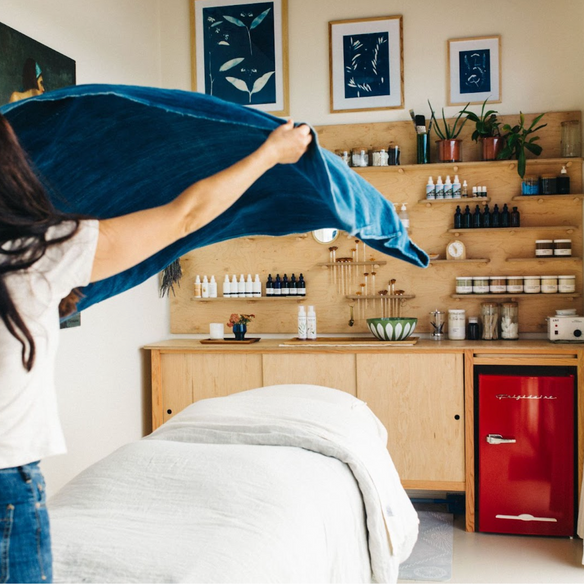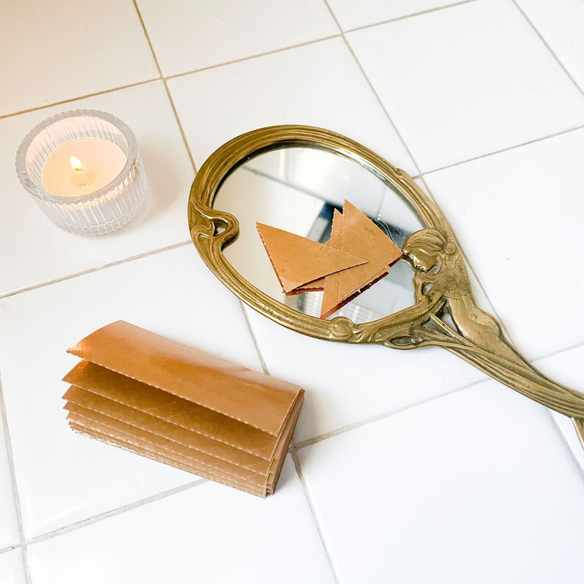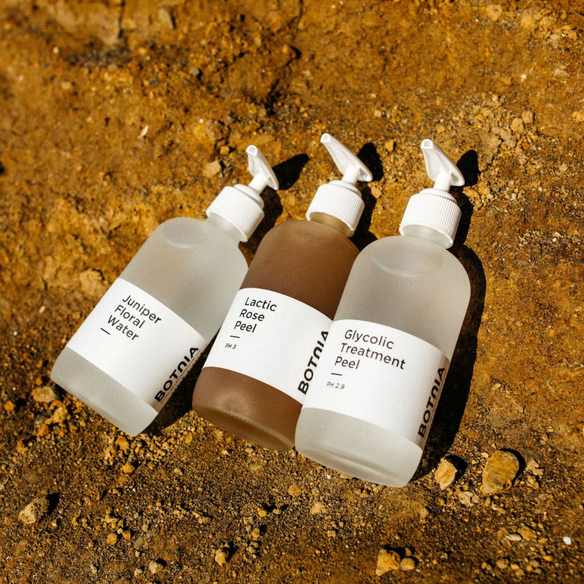
When Is the Right Time to Start Retinol?
Retinol is one of the most commonly prescribed ingredients for aging or acne-prone skin, often recommended as the gold standard for smoothing fine lines, evening skin tone, and clearing breakouts. A quick search will tell you it’s a must-have, ranking alongside peptides, ceramides, and vitamin C. But is it the best way to support your skin’s health over time?
While actives like retinol are praised for their effectiveness, they can also disrupt the skin’s natural balance. Let’s break it down: what retinol does, when (or if) you should start using it, and how plant-based alternatives can offer the same benefits—without the drawbacks.
When should I start using a retinol?
There’s no one-size-fits-all answer. Some people start in their 20s, but what truly supports skin long-term is a simple, consistent routine: cleansing, toning, moisturizing, and daily sun protection. These foundational steps keep the skin healthy and resilient without overloading it with actives too soon.
If you’re looking to fade acne marks, even out skin tone, lessen congestion, or address the signs of aging, a gentler approach—like Well Serum, rich in plant-based vitamin A alternatives and antioxidants—can be just as effective as a traditional retinol, without disrupting your skin barrier. A holistic esthetician can help you decide when (or if) it’s the right time to introduce actives into your routine.
How do plant-based alternatives compare to prescription-strength retinoids?
It’s true—retinol can deliver fast results. But over time, it may weaken the skin barrier, making it more prone to sensitivity, dryness, and inflammation that can be difficult to repair.
Well Serum offers a different approach. Using a sustainably sourced wild strain of Chlorella vulgaris, this microalgae-derived vitamin A alternative works with the skin rather than forcing rapid turnover. It helps stimulate collagen production, reduces fine lines and dark spots, and treats breakouts, all without irritation or increased sun sensitivity–making it a great option for those who love spending time outdoors or want to maintain a strong skin barrier over time.
Can I use retinols and Well Serum together?
Rather than using them at the same time, we suggest weaning off of your current retinol first and checking in with your esthetician for the best tailored care plan. Well Serum will eventually replace your retinol, so the goal is to ensure that your barrier isn’t being compromised while using different forms of the same thing.
How do I transition from retinol to Well Serum?
If you’ve been using retinol, it’s best to gradually ease off while supporting your skin’s barrier. A dermatologist or holistic esthetician can help guide this process, which often involves reducing retinol use, focusing on hydration and barrier repair, and slowly introducing Well Serum to allow the skin to rebalance naturally.
To prevent overuse of any active, it's always good to check in with your esthetician—especially when it comes to transitioning from synthetic skincare to plant-based skincare.
Who is Well Serum for?
All skin types, sun lovers, even pregnant mamas! Because it’s plant-based and non-irritating, Well Serum is a great choice for anyone looking to support their skin’s long-term health without the downsides of synthetic retinoids.
—
Retinol has long been a go-to for aging and acne-prone skin, but its long-term effects can sometimes create more challenges than solutions. Your changing skin isn’t something to fight, it’s something to support, working with your skin’s natural rhythms rather than harsh treatments. If you’re curious to learn more about how retinol affects the skin over time, check out our post here.
Skincare is in a lifelong conversation with your skin—a conversation that evolves as you do. Understanding how ingredients interact with your skin and body allows you to make choices that truly support its health—not just for today, but for the long run.
Whether you choose to use retinol or explore plant-based alternatives, the most important thing is that your skincare supports the unique story your skin is telling. If you have questions, a holistic esthetician can help guide you toward what’s best for you. Your skin is already doing so much for you—and we’re here to help you care for it every step of the way.
Xo,
Botnia


